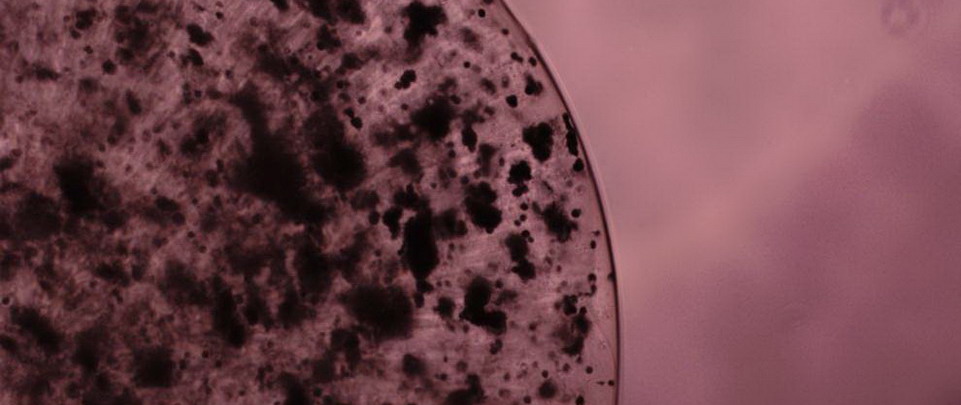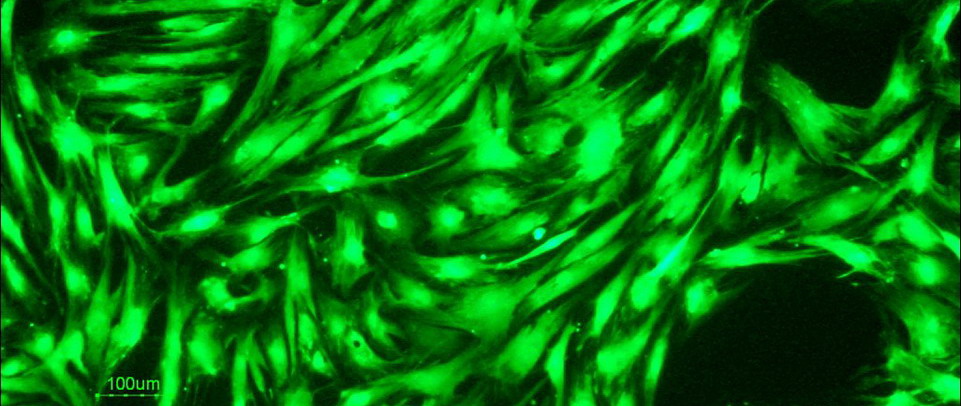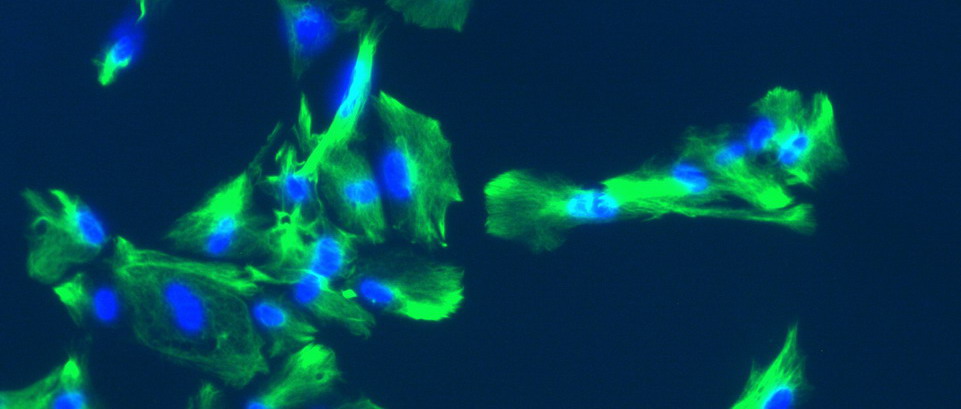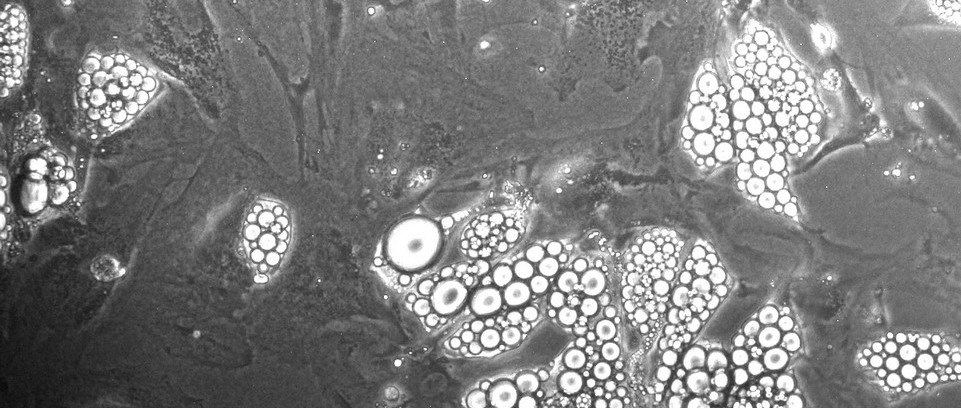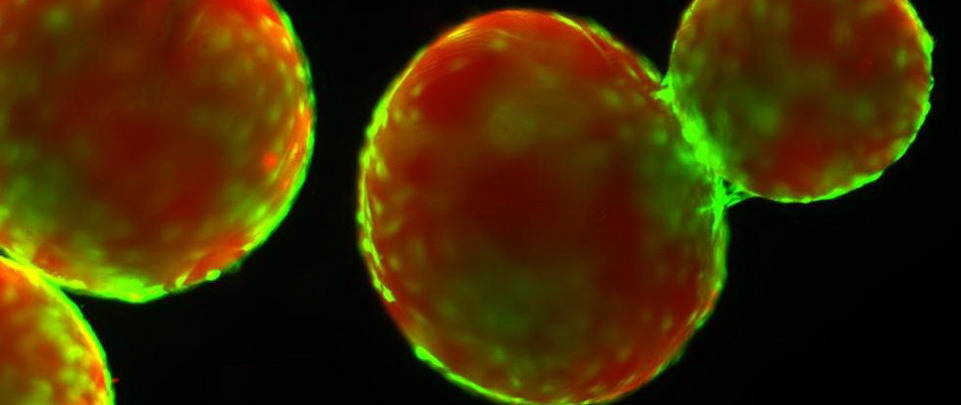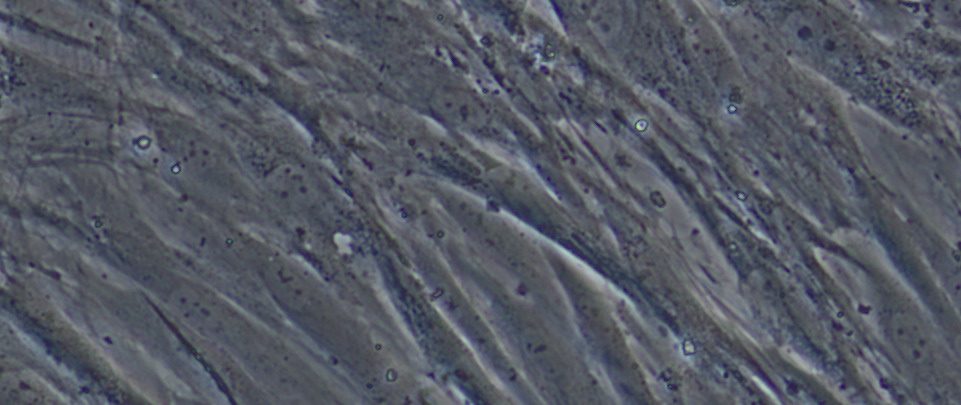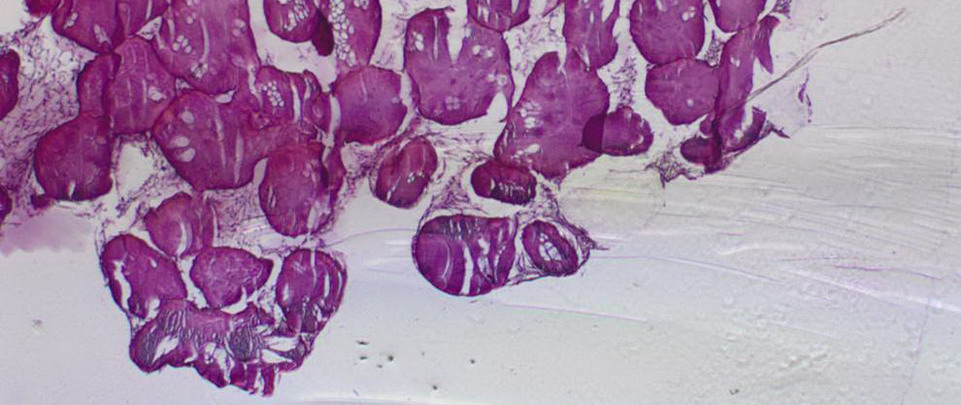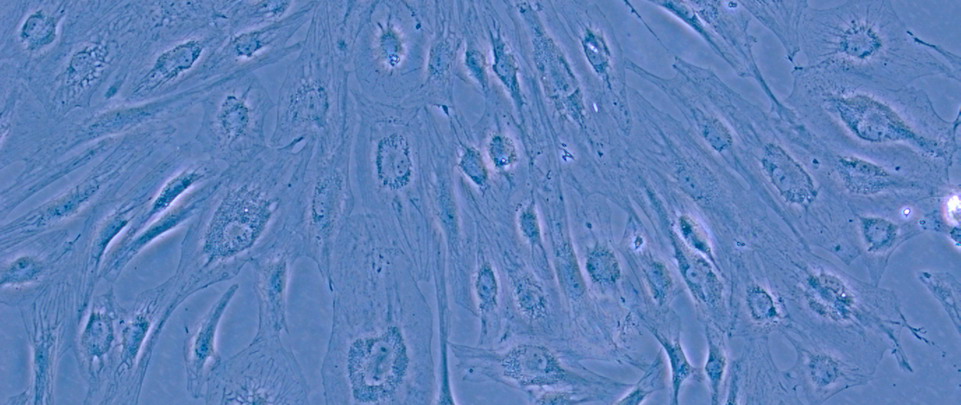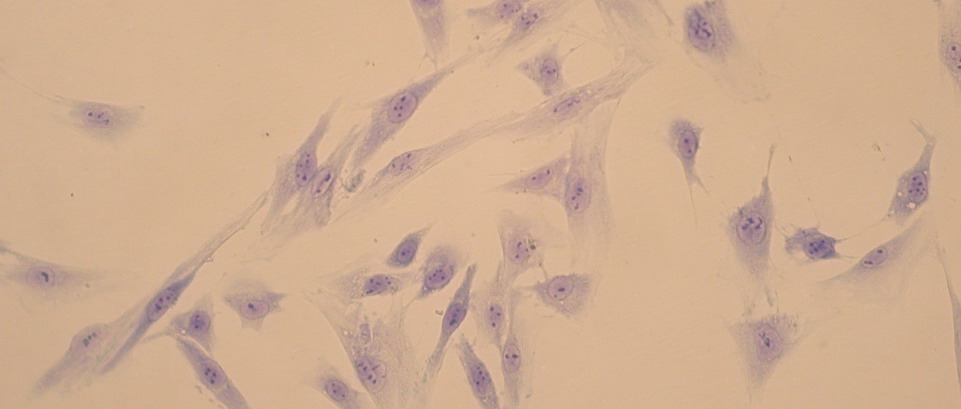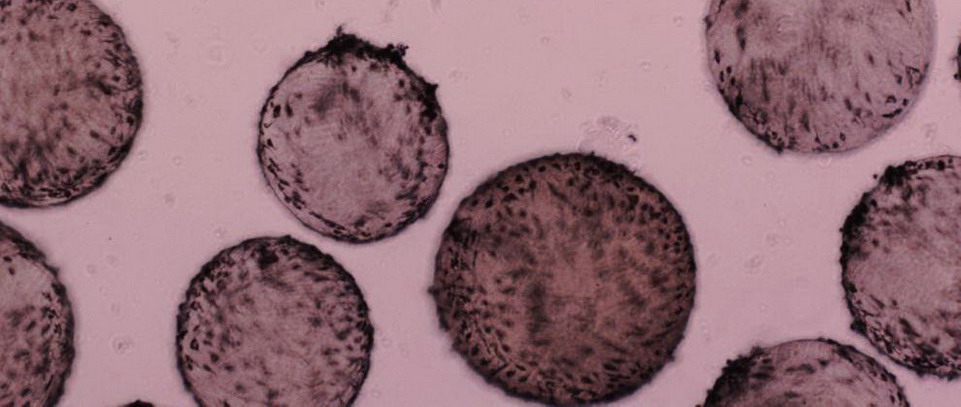GISMVet Webinars 2024
*****
PROGRAMMA WEBINAR 2024
GISMVet
(THESE EVENTS WILL BE PROVIDED JUST IN ITALIAN LANGUAGE)
La sezione GISMVet propone per l'anno 2024 una serie di webinar gratuiti per tutti i soci GISM!
I relatori invitati sono medici veterinari liberi professionisti e ricercatori che si occupano dello studio e dell’uso terapeutico delle MSC in medicina veterinaria. I nomi dei relatori sono riportati di volta in volta nel PDF qui disponibile:
>>DETTAGLI WEBINARS2024 GISMVet<<
*****
GISM-Secretome Webinar 2023-07-04
*****
WEBINAR 2023-07-04
GISM-Secretome
(THIS EVENT WILL BE PROVIDED JUST IN ENGLISH LANGUAGE)
We are proud to announce a webinar to be held on July 4th, 2023. The topic will be "extracellular vesicles" and we will have 2 exceptional speakers, Prof. Thery and Prof. De Luna. In addition, 3 young researchers working in the field of extracellular vesicles will present their latest results.
Download the flyer with the full program: -> FULL PROGRAM <-
Researchers interested in attending the webinar must be GISM members (i.e. registration to the GISM is required), while participation is free for students. The webinar will be usable for 100 people, therefore if interested, it is requested to send the interest in joining to the email addresses found in the poster.
Hasten many, we are waiting for you!
*****
GISMVet Webinars 2023
*****
PROGRAMMA WEBINAR 2023
GISMVet
(THESE EVENTS WILL BE PROVIDED JUST IN ITALIAN LANGUAGE)
La sezione GISMVet propone per l'anno 2023 una serie di webinar gratuiti per tutti i soci GISM!
I relatori invitati sono medici veterinari liberi professionisti e ricercatori che si occupano dello studio e dell’uso terapeutico delle MSC in medicina veterinaria. I nomi dei relatori sono riportati di volta in volta nel PDF qui disponibile:
>>DETTAGLI WEBINARS2023 GISMVet<<

*****
GISMVet Webinars 2022
*****
PROGRAMMA WEBINAR 2022
GISMVet
(THESE EVENTS WILL BE PROVIDED JUST IN ITALIAN LANGUAGE)
La sezione GISMVet propone per l'anno 2022 una serie di webinar gratuiti per tutti i soci GISM!
I relatori invitati sono medici veterinari liberi professionisti e ricercatori che si occupano dello studio e dell’uso terapeutico delle MSC in medicina veterinaria. I nomi dei relatori sono riportati di volta in volta nel PDF qui disponibile:
STRUTTURA DEI WEBINAR:
Parte I: Applicazione terapeutica delle MSC per patologie medico-veterinarie specifiche
Parte II: Aspetti scientifici, normativi e tecnici sul corretto uso delle MSC
WEBINAR 1 - 12 Aprile 2022
I. Inflammatory bowel disease (IBD) nel cane
II. Utilizzo delle MSC in medicina veterinaria: cosa dice la normativa?
WEBINAR 2 - 10 Maggio 2022
I. MSC e gengivostomatite del gatto
II. MSC autologhe vs MSC allogeniche: vantaggi e svantaggi
WEBINAR 3 - 7 Giugno 2022
I. Trattamento di lesioni cutanee e perdite di tessuto con MSC
II. MSC vs derivati piastrinici in medicina veterinaria
WEBINAR 4 - 13 Settembre 2022
I. MSC nelle patologie del Sistema nervoso
II. Gestione del trasporto e della conservazione di MSC
WEBINAR 5 - 4 Ottobre 2022
I. MSC nelle patologie del fegato
II. Dosaggio e vie di somministrazione: considerazioni sul corretto uso di MSC
WEBINAR 6 - 15 Novembre 2022
I. MSC nelle patologie renali croniche
II. Interazioni delle MSC con i farmaci di uso comune
WEBINAR 7 - 13 Dicembre 2022
I. Applicazioni del tessuto adiposo microframmentato
II. Razionale dell'utilizzo del tessuto adiposo microframmentato in medicina rigenerativa
*****
Acknowledgments
We thank all members who are supporting "GISM - Association of Social Promotion (ASP)"
Do you want to support GISM-ASP? Contact us!!!
Microbial Solutions - Charles River
Voden Medical Instruments S.p.A.
Page under updating
History
In the early 1970’s Alexander Fridenstein discovered what are now commonly known as "mesenchymal stem cells" (MSCs). He described them as a population of fibroblastoid adherent cells, isolated from the bone marrow, which had the ability to differentiate into bone and cartilage and to support the growth of in vitro and in vivo hematopoietic stem cells. Fridenstein initially referred to these cells as "colony forming unit-fibroblasts" (CFU-F).
A precise definition: MSCs are adherent cells and they are multipotent, meaning they can be induced to acquire the typical characteristics of various cell types. Phenotypically MSCs express a series of non-specific markers on their surface, including CD44 CD73, CD90, CD105, STRO-1 and CD166 while they are negative for markers typical of hematopoietic cells such as CD14, CD34 and CD45. Thought to be present in all tissues, MSCs have been identified in bone marrow, adipose tissue, placenta, amniotic fluid, and umbilical cord blood. As MSCs are usually present in limited numbers, they can be isolated and expanded in the laboratory (even if they have a limited proliferative capacity) in order to reach clinically relevant numbers for study or therapeutic purposes.
Clinical Applications: In the 1990s, with the development of cell therapy and tissue engineering, the interest in MSCs grew exponentially throughout the world. The potential clinical applications and economic implications led to a race to identify MSCs in various tissues and animal models and to develop new isolation and expansion techniques. Currently, pre-clinical and clinical studies are underway with the goal of identifying MSCs efficacy for treating diseases such as Chron's disease, the prevention and treatment of acute graft-versus host (GVHD) disease, the regeneration of bone-cartilage, nervous tissue, and cardiac muscle tissue, to cite some examples. For more information on ongoing clinical trials worldwide, please visit http://www.clinicaltrials.gov..


